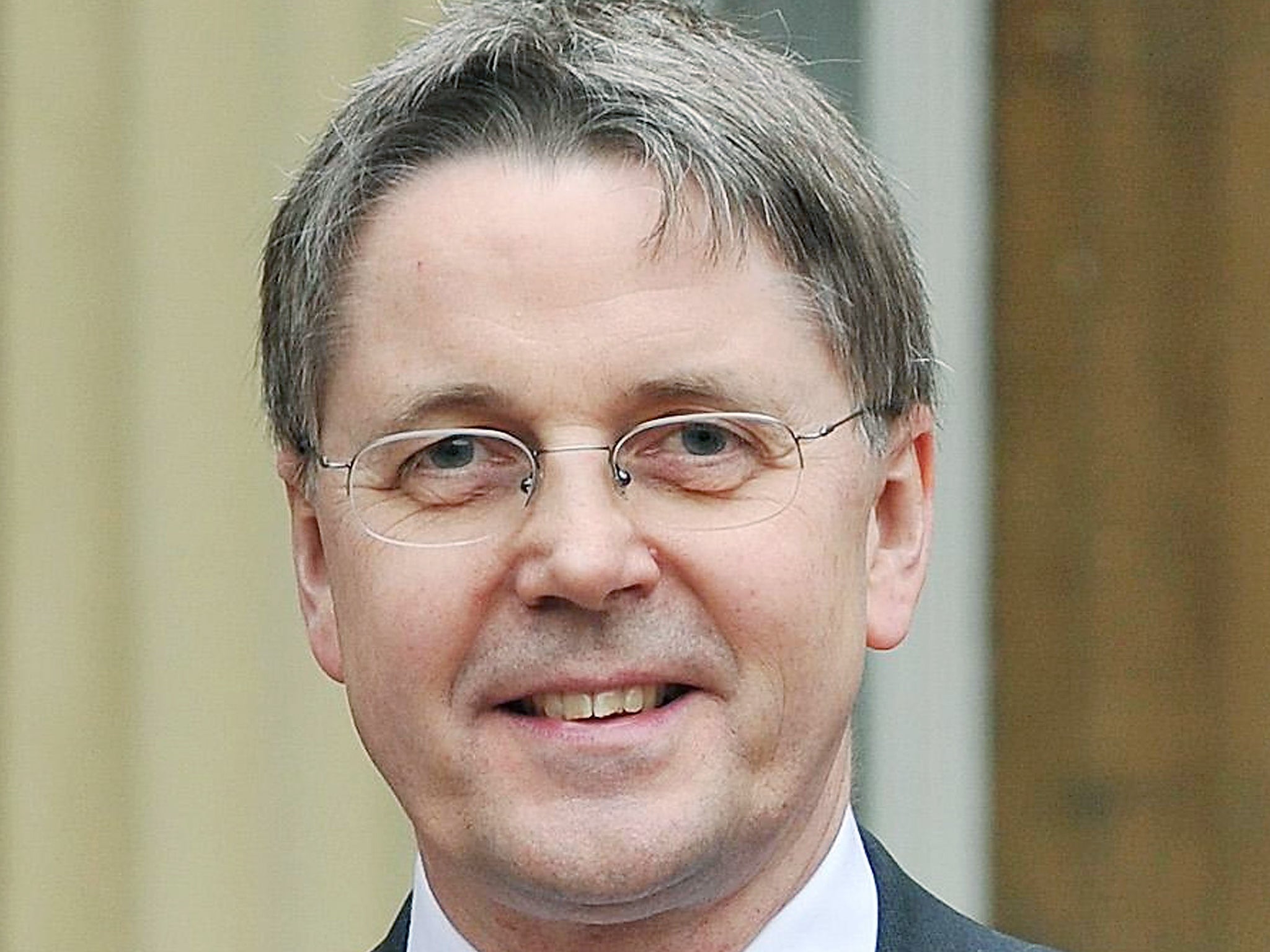UK Government accused of gagging scientists during general election by misapplying 'purdah' rule
‘We are extremely concerned that the public are being denied access to the best experts at the time they are most needed’

Your support helps us to tell the story
From reproductive rights to climate change to Big Tech, The Independent is on the ground when the story is developing. Whether it's investigating the financials of Elon Musk's pro-Trump PAC or producing our latest documentary, 'The A Word', which shines a light on the American women fighting for reproductive rights, we know how important it is to parse out the facts from the messaging.
At such a critical moment in US history, we need reporters on the ground. Your donation allows us to keep sending journalists to speak to both sides of the story.
The Independent is trusted by Americans across the entire political spectrum. And unlike many other quality news outlets, we choose not to lock Americans out of our reporting and analysis with paywalls. We believe quality journalism should be available to everyone, paid for by those who can afford it.
Your support makes all the difference.The Government has been accused of silencing scientists during the election campaign by misapplying “purdah” rules designed to prevent civil servants from making political points.
In a letter to Sir Jeremy Heywood, Cabinet Secretary and Head of the Civil Service, a group of leading scientific organisations said they were unaware of any election in which purdah had been “extended so far into the daily work” of researchers and academics.
For example, scientists had felt unable to comment on the Government’s controversial air quality plan “because of instruction from Government” that their membership of a Scientific Advisory Committee made them subject to the rules.
Other experts had also been made “nervous” about discussing climate change and drought, the letter said.
In response, the Cabinet Office said the Government’s “pre-election guidance” had not meant to be “about restricting commentary from independent academics”.
The letter, signed by groups including the Royal Statistical Society, Royal Institution of Great Britain, British Pharmacological Society, British Science Association and Association of Medical Research Charities, strongly suggested this had been happening.
“We the undersigned write to seek urgent clarification around the application of ‘purdah’ to scientists,” the letter to Sir Jeremy said.
“We cannot remember an election where purdah extended so far into the daily work of research-active scientists and we are extremely concerned that the public are being denied access to the best experts at the time they are most needed.
“We have seen examples of researchers declining to provide comments on a new study on climate change, scientists from several arm’s-length agencies and research council institutes nervous about talking proactively about the drought, and university researchers feeling unable to provide comment to journalists on the Government’s draft UK air quality plan because of instruction from Government that their membership of an independent Scientific Advisory Committee (SAC) on air pollution made them subject to purdah.”
The groups said they understood the need for “civil servants to keep the airwaves free for electioneering and to avoid announcing investments or new initiatives that could sway voters”.
“We do not believe, however, that purdah was ever intended to stop research-active scientists from commenting on breaking news or critiquing important new studies,” they wrote.
“These activities are an important part of the scientific process, are not political, and should not be interrupted by an election without good reason.
“Journalists will report on issues like drought, pollution and climate change irrespective of an election and it benefits nobody for the best experts to be removed from the public debates on these issues.”
They suggested “many senior scientists” believed that the “confusing” guidance on purdah was “being applied in an ad hoc and arbitrary way which is not in the public interest”.
The letter asked Sir Jeremy to make clear that “purdah does not apply to scientists employed by universities”.
“They should be free to speak to the media and the public, even if they are funded by a research council or they are a member of an independent SAC, as long as they comment with their university affiliation,” it said.
Scientists carrying research on non-department Government bodies, such as research council institutes, should also not be forbidden from speaking out publicly.
“We call for early clarification of the guidelines for the current general election, and for a full consultation and review on purdah rules directly afterwards,” the letter said.
“It is clear that there is widespread confusion and unease about purdah rules as applied to science and we believe that such a review would be in the public interest and warmly welcomed by the research community.”
The Cabinet Office felt it was able to provide a statement despite the purdah rules, although it fell somewhat short of what was requested in the letter.
A Cabinet Office spokesperson said: “The pre-election guidelines published by the Cabinet Office provide guidance to Government departments and arms-length bodies on their activities during the pre-election period.
“They maintain the impartiality of the Civil Service and provide assurance about the appropriate use of official resources.
“Their application is for individual Government departments but they are not about restricting commentary from independent academics.”
The other signatories to the letter were: the Science Media Centre, Association of British Science Writers, Campaign for Science and Engineering, Sense about Science, Medical Journalists’ Association, The Winton Centre for Risk and Evidence Communication, and Full Fact.
Join our commenting forum
Join thought-provoking conversations, follow other Independent readers and see their replies
Comments